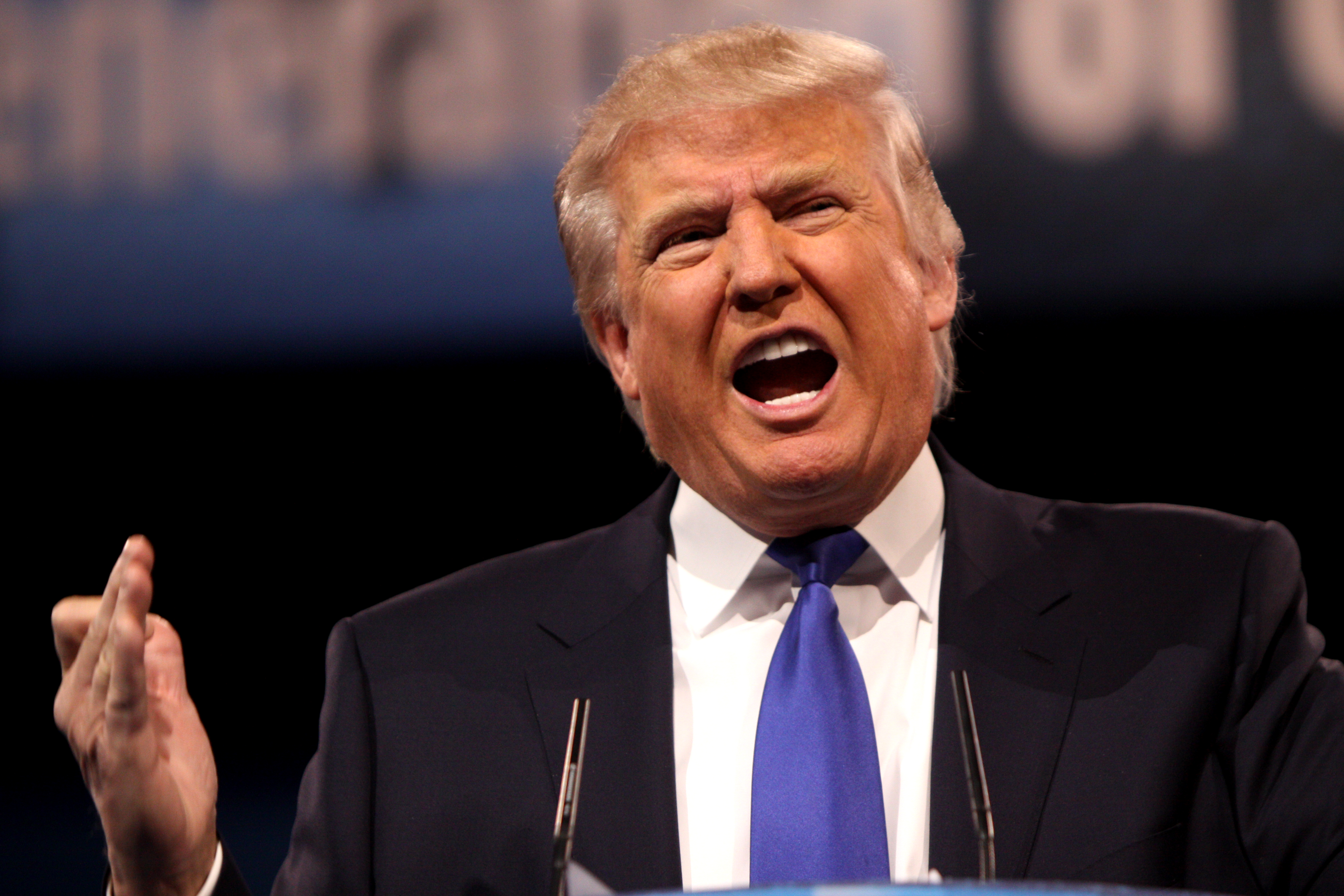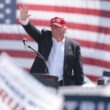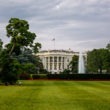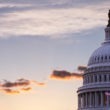It seems pretty clear watching the reaction to Michael Wolff’s neutron bomb, Fire and Fury: We Americans, collectively, have gone out of our flipping minds. How can we let this fake president continue to personify us?
The book, if hardly a literary masterwork, spills enough beans to bury Donald Trump, his clown-car inner circle, and the self-serving legislators who enable him. At least, you would think.
But a 1980 Newsweek essay by Isaac Asimov is distressingly prescient at a time when human habitats are simultaneously drying up and flooding while an egomaniacal fool fingers a button that could blast a hole in our planet.
“There is a cult of ignorance in the United States, and there always has been,” he wrote. “The strain of anti-intellectualism has been a constant thread winding its way through our political and cultural life, nurtured by the false notion that democracy means that ‘my ignorance is just as good as your knowledge.’”
Early excerpts from the Wolff book horrified much of the world. A headline in Germany’s conservative daily Frankfurter Allgemeine Zeitung read: “Is Trump Still Sane?” Yet in America, outrage is offset by that Asimov doctrine.
I returned home to Arizona from my base in France as the story broke and decided to look around. In the hardscrabble back hills, Trump people know what they believe, facts notwithstanding. Here in Maricopa County, the red-tinged population center, the ka-ching of stock-market profits masks harsh reality. Or people just aren’t listening.
On KTAR-FM, once a solid news source, two happy-talk hosts batted the book around and focused on its critics. “So, is this fake news?” the man asked. The woman, flummoxed by so much material, wondered whether Wolff interviewed people or just wrote things down.
As any journalist knows, it takes only a few inaccuracies or inconsistencies to discredit a story. A monumental book covering so much ground by a gadfly author in a hurry is bound to be chock-full of both. Did Wolff exaggerate his access to Trump? Do some people quoted disavow what they said (even if they really did say it)?
We see the extent to which campaign contributions, Trump’s own interests, and petty vendettas shape crucial foreign policy.
In Fire and Fury, that is beside the point. The overall picture is dead clear, a mix of accurate insights and up-close vignettes that Wolff’s sources confirm. We see the extent to which campaign contributions, Trump’s own interests, and petty vendettas shape crucial foreign policy.
Take, for instance, a new approach to Jerusalem that draws harsh reaction from America’s closest allies and criticism from veteran Israeli officers. Trump calls it an example of his inherent diplomatic genius. Wolff shows how it is tightly linked to Sheldon Adelson’s checkbook.
As a foreign correspondent, I have covered the not-so-holy land off and on since 1967. The Mideast backgammon board demands intricate moves, serious statecraft from a White House that commands respect. Clueless zealots pushing narrow interests all but guarantee widening calamity.
Wolff leaves out the part that scares me most: how reaction to Trump’s infantile chest bumping might inadvertently light fuses in Pyongyang, Tehran, or elsewhere that no one can extinguish.
He only touches on the long-term climate chaos that Trump exacerbates by shunning the Paris accord and pushing ahead to favor fossil fuels and coal.
And little is said about the impact of slamming America’s doors in the face of (tens of) millions displaced by conflict or desperate poverty. We can’t take them all. But slashing foreign aid, deporting children, and building walls are the sorts of things that make people hate us.
Whatever his failings, Wolff depicts in vivid detail a madhouse administration of clashing egos, family feuds, and factional infighting at a time when an imperiled world desperately needs something better.
Plenty of people are reading the book, which rocketed from best-seller to world phenomenon because of Trump’s ham-handed attempt to suppress it. That underscored his demagogic bent and his terrifying disconnect with reality. The question now is how America reacts.
A long excerpt in New York magazine includes this passage:
Here, arguably, was the central issue of the Trump presidency, informing every aspect of Trumpian policy and leadership: He didn’t process information in any conventional sense. He didn’t read. He didn’t really even skim. Some believed that for all practical purposes he was no more than semi-literate. He trusted his own expertise—no matter how paltry or irrelevant—more than anyone else’s. He was often confident, but he was just as often paralyzed, less a savant than a figure of sputtering and dangerous insecurities, whose instinctive response was to lash out and behave as if his gut, however confused, was in fact in some clear and forceful way telling him what to do. It was, said [Deputy Chief of State Katie] Walsh, “like trying to figure out what a child wants.”
If that alone is not an open-and-shut case for disinfecting the White House, what is?
Mort Rosenblum has reported as an Associated Press special correspondent, edited the International Herald Tribune in Paris, and written 14 books. He now runs MortReport.org.







0 Comments